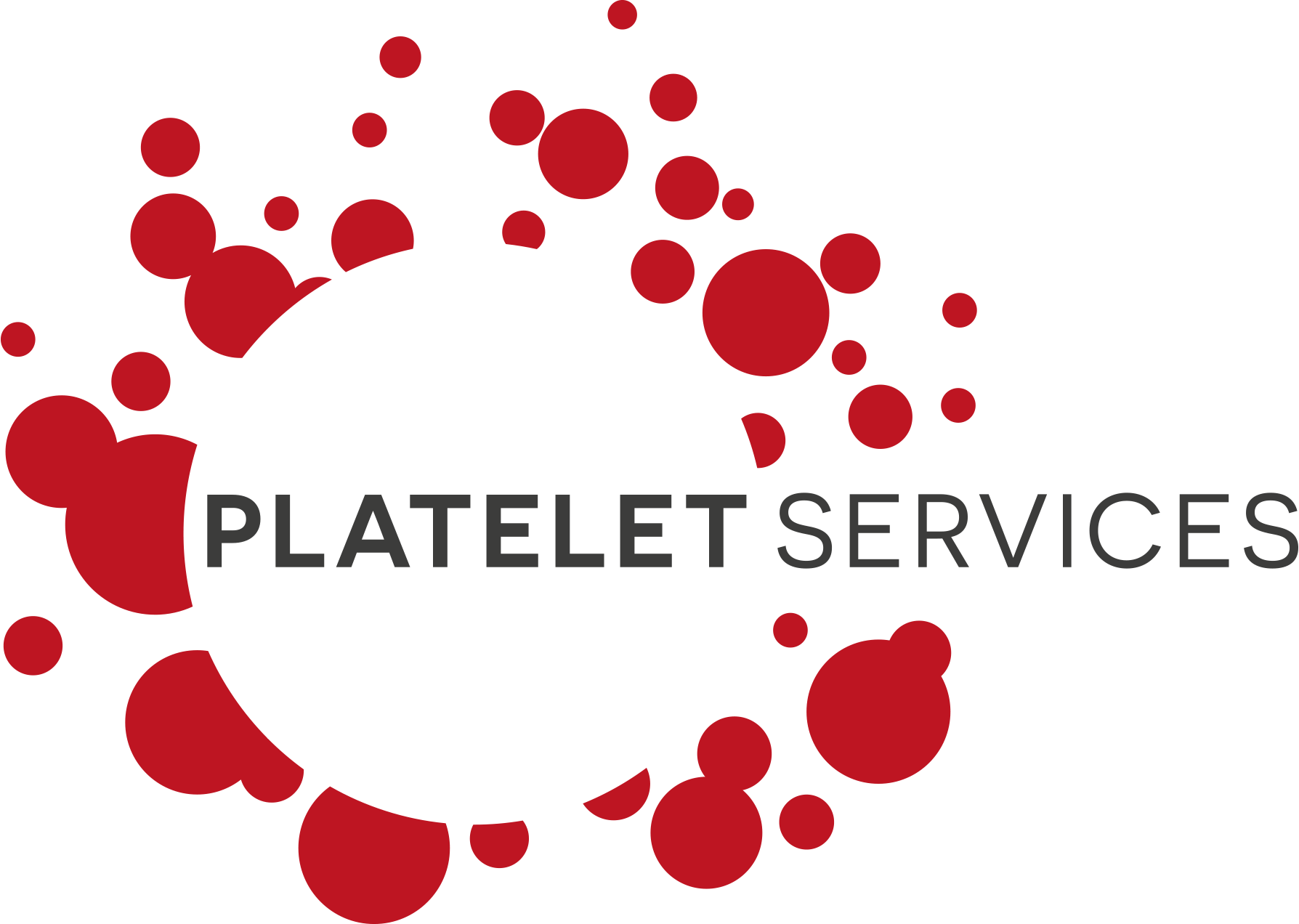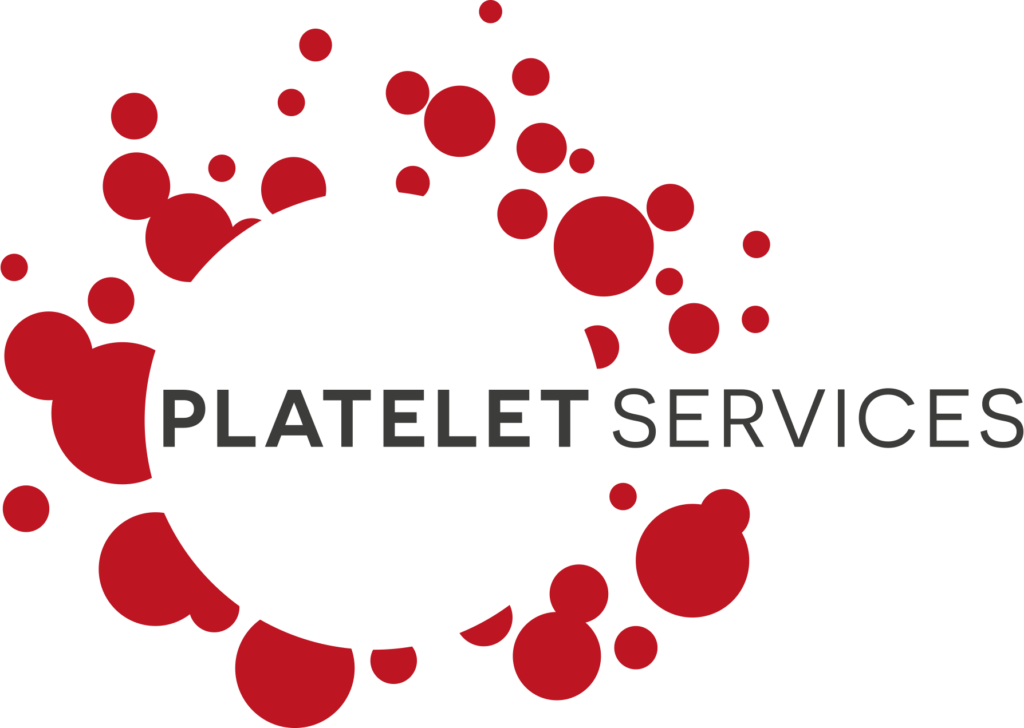Wendy Tomlinson is Chief Scientific Officer at Platelet Services. In this blog she talks about her career and how it is possible to pursue a passion and path in science without taking the more traditional academic route.
Wendy went to a secondary modern where O-Levels were not an option and girls did biology, boys did physics, and nobody did chemistry because there wasn’t a chemistry teacher. Having always liked biology, she decided to go to People’s College in Nottingham as they offered a course that resulted in O-Level and Diploma qualifications.
Instead of studying for straight A-Levels, Wendy accepted a position at the University of Nottingham as a Junior Technician, which also offered the opportunity to complete an Ordinary National Certificate (ONC) in applied biology (equivalent to two A-levels), this seemed like a sensible route, as she was able to get practical experience, equivalent qualifications and get paid!
After two years, Wendy moved to take up a contract position at the Department of Biochemistry at the University of Leicester where she worked on the Tryptophan repressor of E.coli.
In 1987 Wendy applied to work at Fisons in Loughborough, and was recruited into the pharmacology department, where she first worked for Bob Humphries. This role gave her the first experience of working with platelets studying vasoconstriction and identifying where marked radioactive particles got trapped. She began to develop her knowledge and understanding of these complex cell types.
After a couple of years at Fisons, Wendy started working on the P2T platelet receptor (now P2Y12) that is responsive to ADP. The project involved converting ATP, a natural antagonist, into a marketable drug. The importance of ADP in thrombosis was hypothetical at the time, and the team at Fisons were the first to screen it in a platelet assay and see if it worked in an in vivo model.
Wendy recalls: “This was an exciting project to work on, the team were involved in everything, from setting the hypothesis to carrying out the screening. It was a fantastic training ground.”
“The work the team carried out was the basis of the development of Cangrelor and Brilinta – I am proud that I worked on something that resulted in the development of a marketable drug that is helping patients today.”
Fisons offered to support Wendy through her degree studying Biological Sciences at Nottingham Trent University which she carried out alongside her day job. Her career developed over the 23 years at Fisons (and latterly AstraZeneca) and she progressed to an Associate Principal Scientist.
Following a structural reorganisation within the company, Wendy moved to Target Validation where she worked with Iain Dougall on in vitro inflammatory models and techniques, she increased her knowledge of assay validation and development across a wide range of cell types including monocytes, macrophages, neutrophils, T cells and fibroblasts.
“This was great as it was a completely different side to drug discovery. P2T and pharmacology was about screening, having fixed screening assays. Working in pharmacology taught me to be rigorous and consistent when screening, whereas in target validation I had to consider how we do things and what will work, without those same constraints. I was also able to bring my pharmacology experience into the mix.”
When AstraZeneca announced the closure of the Charnwood site, Wendy’s options were relatively limited. She had progressed and developed her career without a PhD, so it was difficult to find somewhere that would consider her without the qualifications that many of her peers had.
“It was a sad time when the AZ site closed down. It was a competitive job market with few opportunities around and I thought I may have to take a step back. However, one of my colleagues had moved to Mars in Melton Mowbray, where she was working on a project using many of the techniques that I had been using for the past 25 years and thankfully I was successful and offered a position.”
Wendy’s work at Mars involved routine health screening and investigational projects to increase the health of animals. She learnt how to use automated biochemistry analysers and haematology analysers and was able to study the data and learn how to adapt her knowledge to support the projects.
Around four years later, Wendy was approached by a previous AZ colleague, Dr Richard Weaver, who had set up XenoGesis, a specialised DMPK CRO at BioCity in Nottingham. Wendy joined them in 2014 as Principal Research Scientist, where she ran a team, and built up her knowledge of DMPK assays and became Director of cell-based assays.
When XenoGesis was acquired by Sygnature Discovery in September 2020, Wendy realised that she preferred working for small enterprises.
“What made XenoGesis so great was the teamwork and the opportunity to share ideas and expertise on projects. I knew that I would lose some of this moving to Sygnature Discovery and felt I wanted to find an opportunity to work in a smaller CRO again.”
Keen to return to that kind of environment, Wendy joined Platelet Services in April 2021 as Chief Scientific Officer, giving her the chance to return to pharmacology and platelets, and to work with Bob again.
“I love working here, we have a great team, and our focus is on quality. Working on platelets again is exciting and I am enjoying learning more and building on my existing knowledge. The expertise that I have built up over the years complements Platelet Services’ legacy in academia and I have been able to bring in new skills and ideas to the team.”
Wendy has the best of both worlds, working in the lab focusing on the science as well as spending time with the clients to understand their projects and needs as well as helping them to achieve their goals intellectually and practically.
Reflecting on her career to date, Wendy says:
“What I have learnt is that if there is something you really want to do and are passionate about, don’t give up.”
“My career experience has demonstrated that you don’t necessarily have to follow the more traditional academic route. My route has been challenging at times, but it was possible. I am grateful to be in a position where I get to do the work I really enjoy.”

